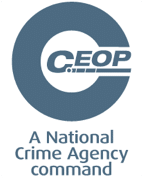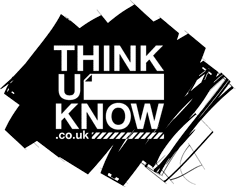Online safety refers to the act of staying safe online. It encompasses all technological devices that have the ability to access the internet, from PCs and laptops to smartphones, tablets and smart TVs.
Being safe online means individuals are protecting themselves and others from online harms and risks, which may:
- compromise their personal information
- lead to unsafe communications
- or even effect their mental health and wellbeing
Operating within an online space is something most of us simply do without much thought. But have you ever stopped to consider the potential dangers that exist on the web, especially for our children?
Do we carefully consider:
- the type of content children are viewing?
- their exposure to fake news stories?
- their potential for gaming on and offline?
- social media influencers and their impact on our children’s choices and behaviour?
- what children are posting and sharing online?
It is important that we support and educate our children to manage these risks themselves in today’s technological world, so they are prepared for future life.
online safety newsletters
2024:
January ♦ February ♦ March ♦ May ♦ June ♦ July ♦ September ♦ October ♦ November ♦ December
2025:
January ♦ February ♦
Online Education in school
Online education will be delivered during personal development sessions within every year group.
The staged sessions will cover varying topics to include:
- Online Gaming
- Cyber Bullying
- Child Exploitation and Online Protection
- Social Media and Online Stress
- Screen Time and safe use of mobiles
- Sexting
- Pornography
- Fake News
- Social Media Validation
- Online Gambling
- Keeping your data safe
- Virtual reality and live streaming
- Online reputation and digital footprints
Help and Advice
Here are links to some really helpful resources.
- CEOP’s Student Help Centre
- NSPCC’s Parent Advice Centre
- Think U Know: For Ages 11-13 ♦ For Ages 14+ ♦ For Parents
- internetmatters.org
- Parental Controls Booklet




